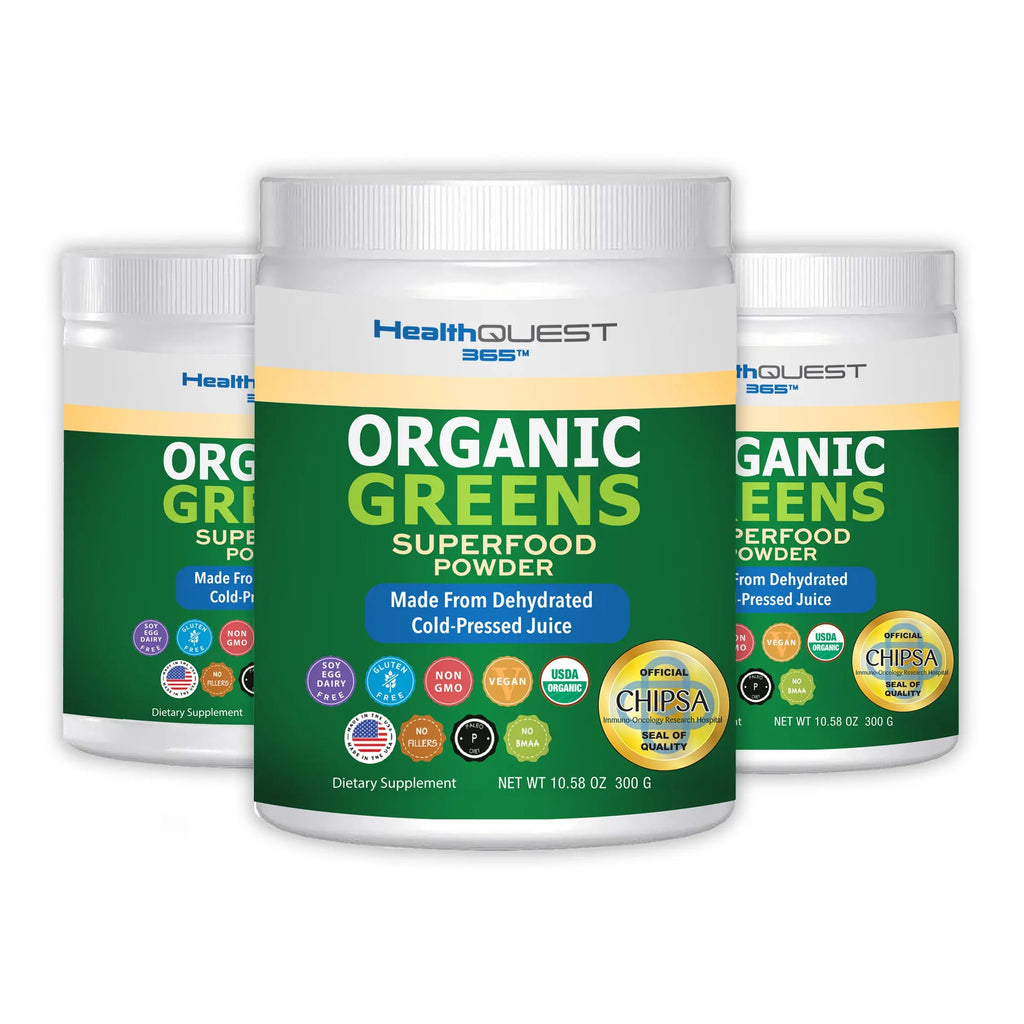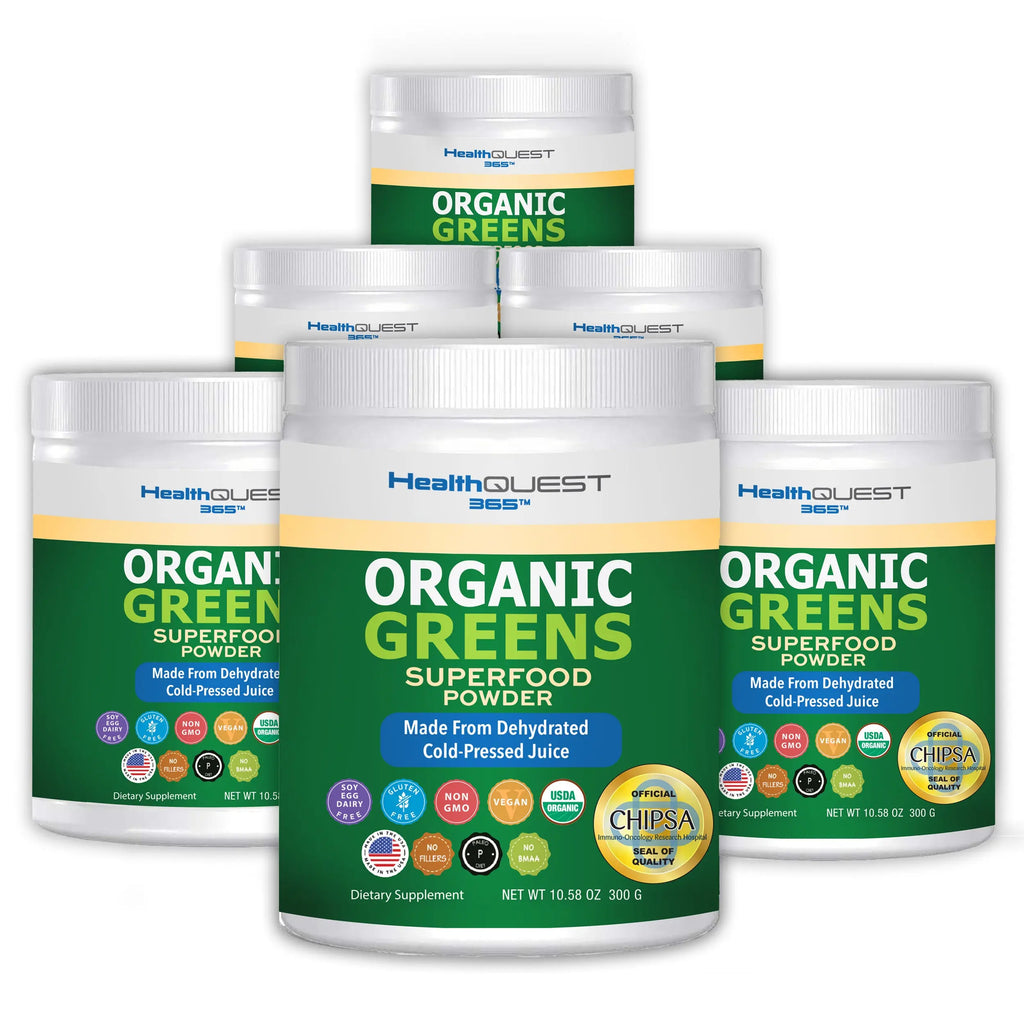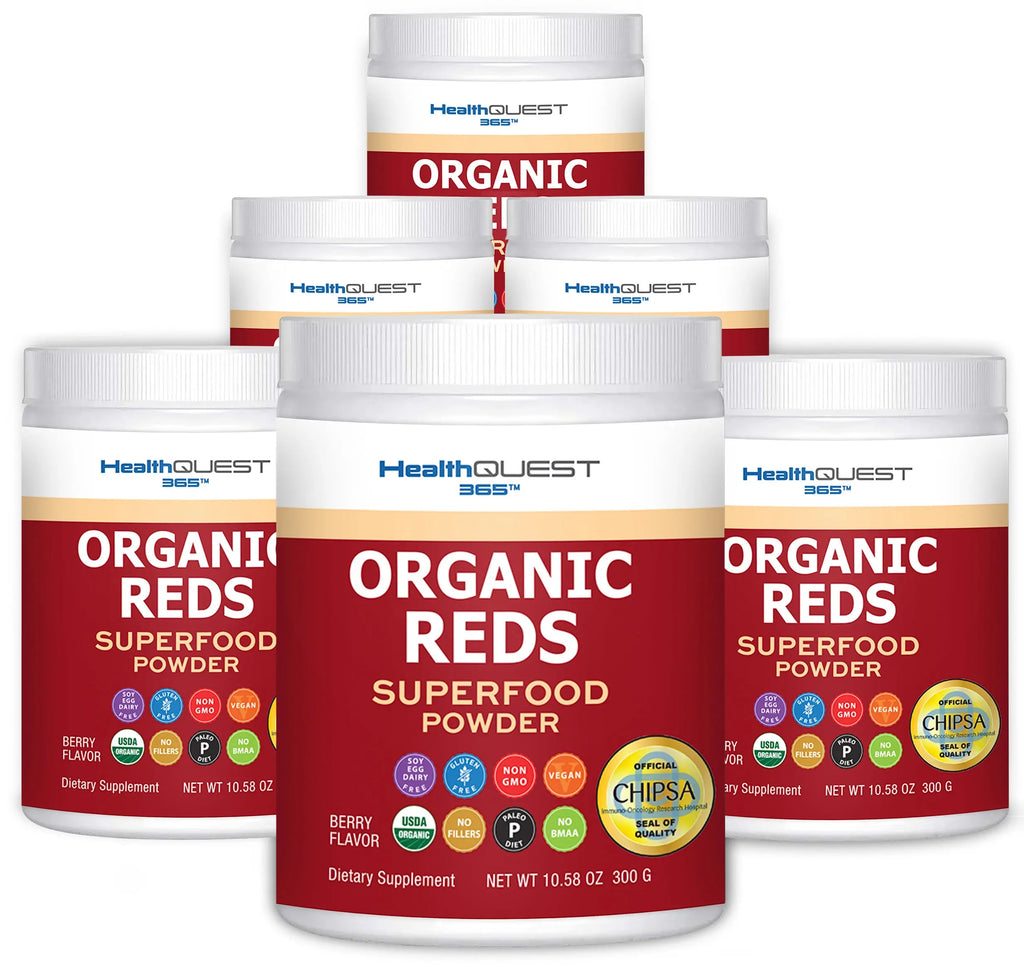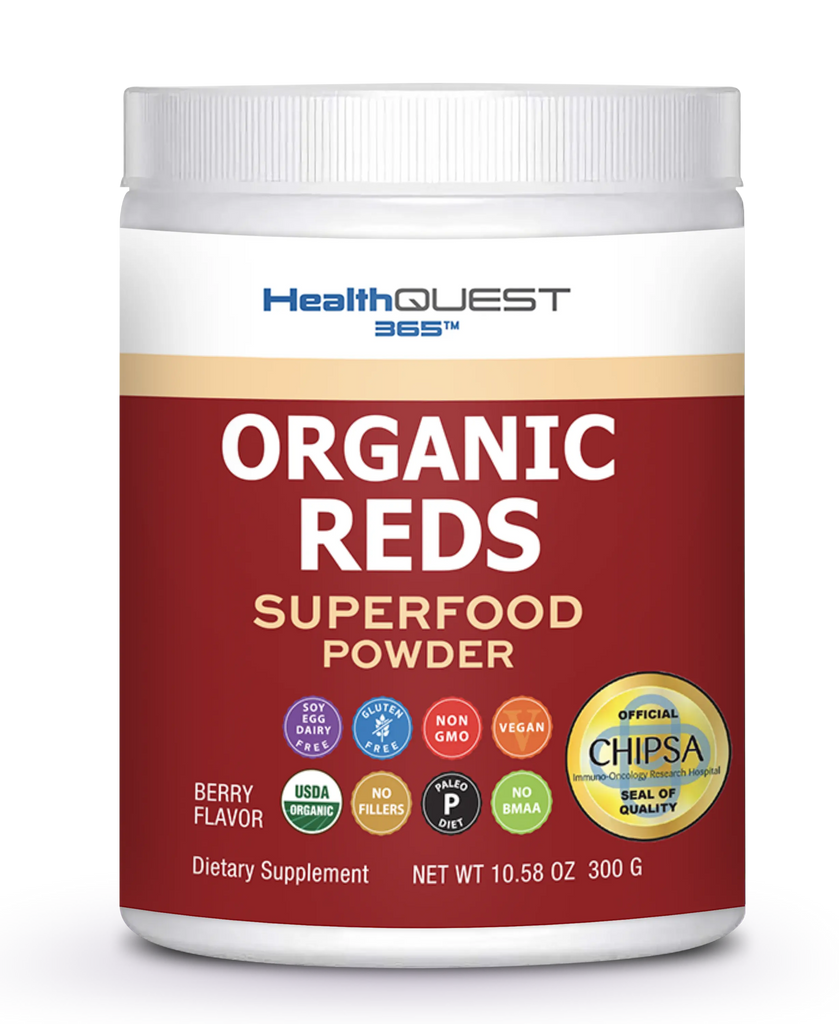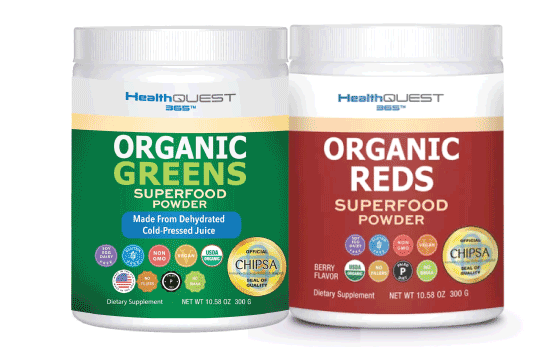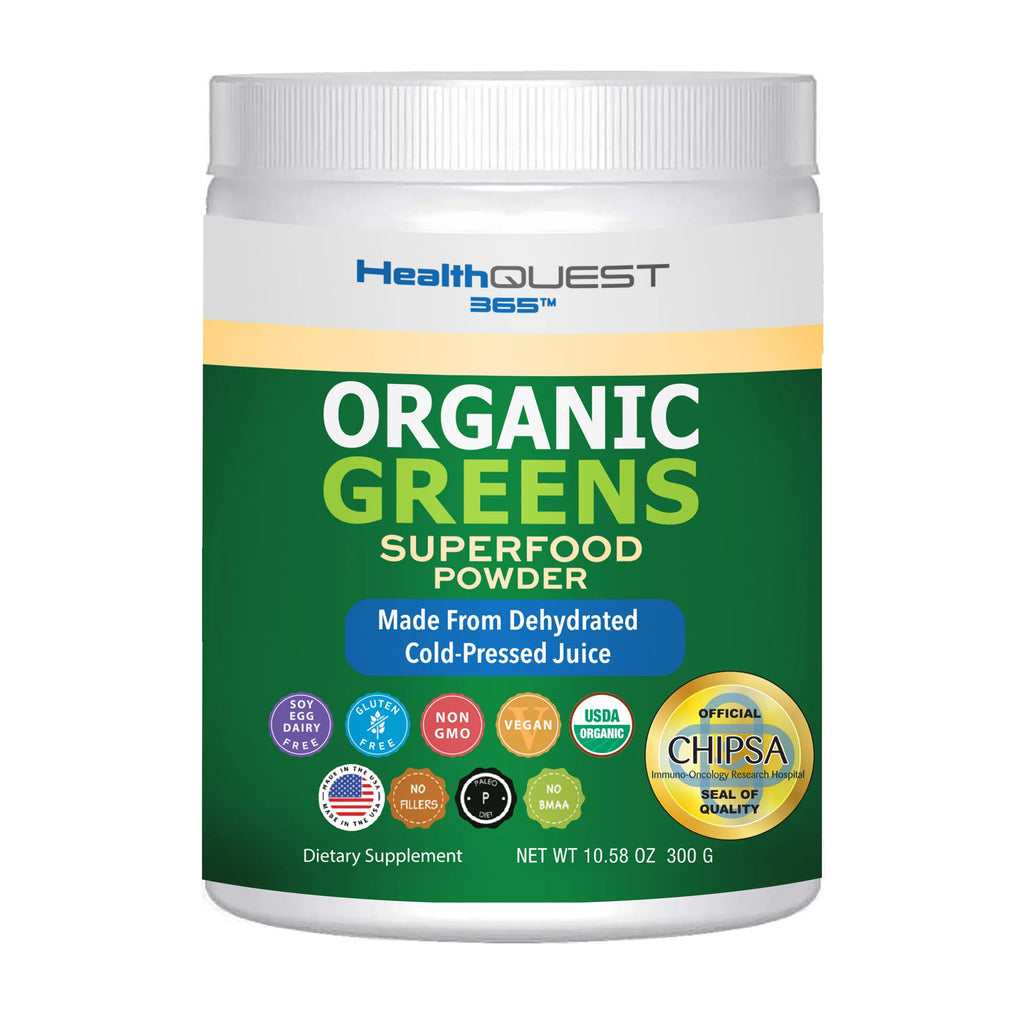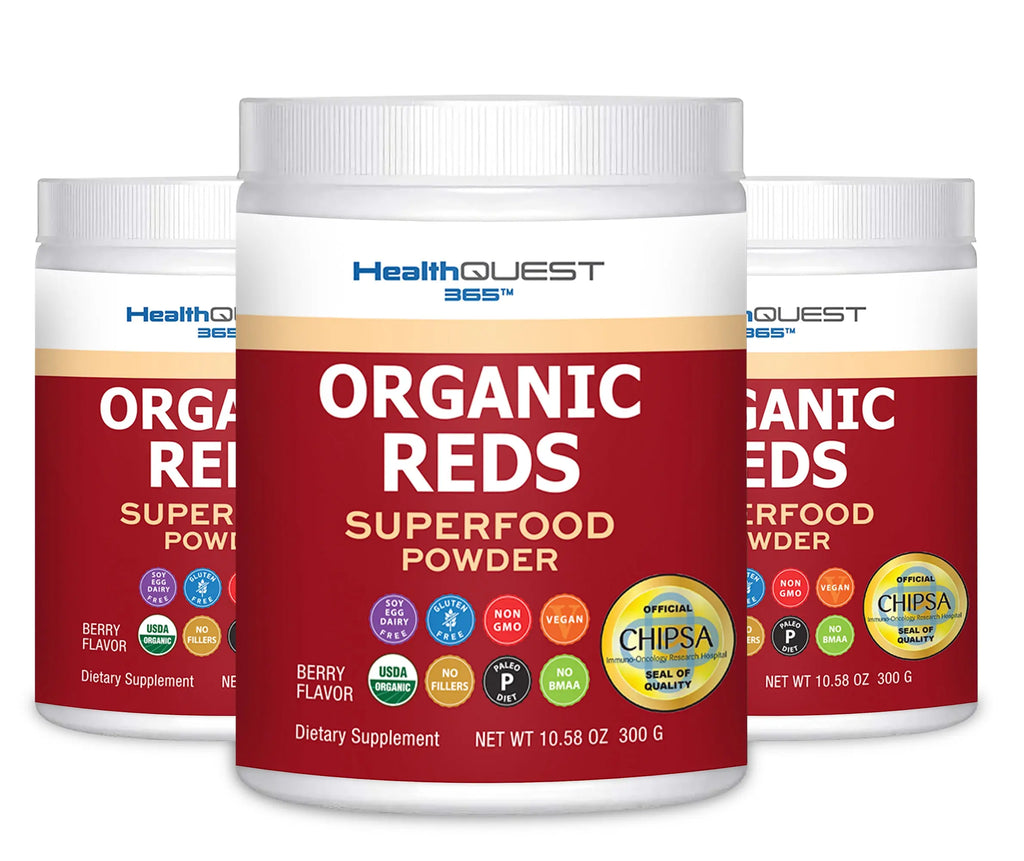It’s about health. It’s about healthy lifestyle. It’s about family™

Calories: What is the Big Deal ?
Are you on a weight loss journey or just trying to be in the best shape possible? You may have heard the word “calories” from so many people. Common knowledge says that it comes from the food you eat, and food is what powers your body.
Clearly, calories are strongly tied to one's health, but how exactly? What part do they play in someone’s fitness?

WHAT ARE CALORIES ?
A calorie is a unit of measurement. It is used to measure the amount of energy we get when our body digests food.
Anything we eat or drink has calories. The more calories a food or drink has, the more energy your body can get from it.
Our body uses this energy to function as the cells in our body use it to perform their tasks.
There are two units of measurement for calories. One is called a small calorie (cal). The other is a large calorie (kcal). 1 large calorie is equal to 1000 small calories.
You can see how many calories a piece of food has by looking at the nutrition label on its food packaging. These are usually in kcal.
WHERE DO CALORIES COME FROM?
The body needs several nutrients your body needs to stay healthy. Three of them make up the sources of calories in our diet: carbohydrates, proteins, and fats.
CARBOHYDRATES
Also known as carbs, carbohydrates come in three types: sugars, starch, and fiber.
Food that provide carbohydrates include:
-
bread
-
rice
-
potatoes
-
sugary drinks
PROTEIN
Protein is a nutrient found in every cell of the body.
It is used by our bodies to build and maintain our bones, muscles, and skin.
Sources of protein include the following foods:
-
meat
-
dairy products
-
nuts
-
beans

Give You ALL Our Best Workbooks
Get all the Best Workbooks + Action Guides from our expert
FATS
Fats help our body absorb vitamins. It is also a key factor in our body’s cholesterol levels.
They come in three types: unsaturated fats, polyunsaturated fats, saturated fats, and trans fats.
Fats can be found in:
-
butter
-
margarine
-
lard
-
olive oil
WHAT HAPPENS IF I EAT TOO MANY CALORIES ?
While they are helpful to the body, there are bad side effects to eating too many calories. The general effect of eating more calories than you need is your body stores the extra calories as fat.
YOU ARE AT A HIGHER RISK OF HEART DISEASE
Because excess calories are stored as fat, this can harden your arteries or thicken its walls. This makes you prone to hardening of the arteries or thickening of the artery walls.
This increases the risk of you suffering a stroke or other heart diseases.

YOU ARE AT A HIGHER RISK OF DIABETES
Eating too many calories, especially carbs, can increase your body’s resistance to insulin.
Your body uses insulin to control the amount of sugar in your blood.
Diabetes, specifically Type 2 diabetes, occurs with high insulin resistance. This leads to your blood sugar level increasing. That can cause health problems like heart diseases, kidney diseases, and strokes.
WHAT HAPPENS IF I EAT TOO LITTLE CALORIES ?
Calories give your body the energy to function. If it doesn’t get enough calories, your body won’t be able to perform its job properly. This puts your health at risk.

FREE "Mystery Gift"?
Let me stay in touch with you via email and as a thank you - get this FREE gift.. Something others paid over $1,000 for.
(True story)
YOUR BODY WON’T RECEIVE ITS NUTRIENT NEEDS
Nutrients are chemical compounds that can only be found in the food you eat. This is because your body is incapable of making these itself.
These nutrients are used by the body not only for energy but also for growth and repair.
When your calorie intake consists of fewer calories, you may be eating an insufficient amount of food. This means you are not consuming enough nutrients for your body.
This may lead to your body weakening or even suffering from some diseases. For example, insufficient protein and calcium can lead to weaker muscles and bones respectively.
YOUR METABOLISM IS SLOWED
Metabolism refers to physical and chemical processes. They happen when your body converts calories into energy.
When you eat too few calories, your body will slow down your metabolism to conserve energy.
A slow metabolism means your calories aren’t being burned as fast. This may lead to difficulty in losing weight. The excess calories are stored in the body as fat.
Slow metabolism due to eating fewer calories can also make you feel cold and sluggish.

YOU MIGHT GET GALLSTONES
Gallstones are hardened deposits of bile that form in your gall bladder. Bile is a digestive fluid that helps in digestion.
When the calorie content of the food you eat is low, the bile in your gall bladder is not emptied as much as it should. This leads to the creation of gallstones.
HOW DO I MAINTAIN THE RIGHT AMOUNT OF CALORIES?
Eating a healthy amount of calories is very important to your health. Counting calories can be one way of eating the right amount.
However, it is not as simple as that. We have to remember that a calorie is just a unit of energy.
Two people can have the same calorie intake but live completely different lifestyles. One person can be more active than another, meaning they burn more calories.
Also, two diets can also provide the same number of calories despite having a different balance of nutrients.
For example, a diet of fast food can have as many calories as one of fruits and vegetables. However, a diet of fruits and vegetables decreases the risk of certain diseases. Fast food can increase the risk of heart disease.
In general, the proper balance of calories is achieved with the appropriate energy balance. This means finding the balance between the number of calories eaten and the calories consumed.
However, how this is done will depend on the person.
It is common to hear that weight loss is the key to solving obesity. This means reducing the number of calories one consumes by eating low-calorie foods.
On the other hand, gaining weight and fat is important for children or pregnant women. Therefore, increasing daily calorie intake is needed.

MAKE SOME CHANGES TO YOUR DIET
The number of calories we consume is dependent on the kinds of food we eat. Making some changes to your diet will help you manage your calorie consumption.
What’s one way to make sure you are eating the right number of calories? Check the nutrition label on the food you are buying.
By knowing how many calories are in the food you eat, you can cut calories and create a diet that suits you.
BECOME PHYSICALLY ACTIVE
If your diet has to consist of high-calorie foods, it is important to be physically active. This will help with burning excess calories.
Counting calories is useful when trying to be more physically active. Know how many calories a piece of food has versus the number of calories you will burn by exercising. It can give you an idea of how to maintain a good energy balance.
MEET WITH A HEALTHCARE PROVIDER
It is always a good idea to meet with your healthcare provider. Do that before making any decisions when it comes to restricting calories.
The right amount of daily calories varies from person to person. Together with your healthcare provider, you will learn if high-calorie or low-calorie foods are the best for you.
TO WRAP UP
Being aware of the significance of calories is a big part of staying healthy. It helps manage your calorie intake, allowing you to be at your best healthwise.
The nutrients you consume are just as important as the calories you take. If you want food jampacked with nutrients, buy Health Quest 365's Organic Greens 365!
FREQUENTLY ASKED QUESTIONS
Use formulas like the Harris-Benedict equation or the Mifflin-St Jeor equation, considering factors like age, gender, weight, height, and activity level.
Calories are units of energy found in food and beverages that the body uses for fuel to carry out various functions, including metabolism, physical activity, and organ function.
There are approximately 3,500 calories in a pound of body weight, so to lose one pound, you need to create a calorie deficit of 3,500 calories through diet and/or exercise.
While counting calories can be a useful tool for weight management, focusing solely on calorie intake may overlook the importance of nutrient quality and overall dietary balance for long-term health and weight loss success.
You can track your calorie intake using mobile apps, food journals, or online databases that provide nutritional information for various foods and beverages.

